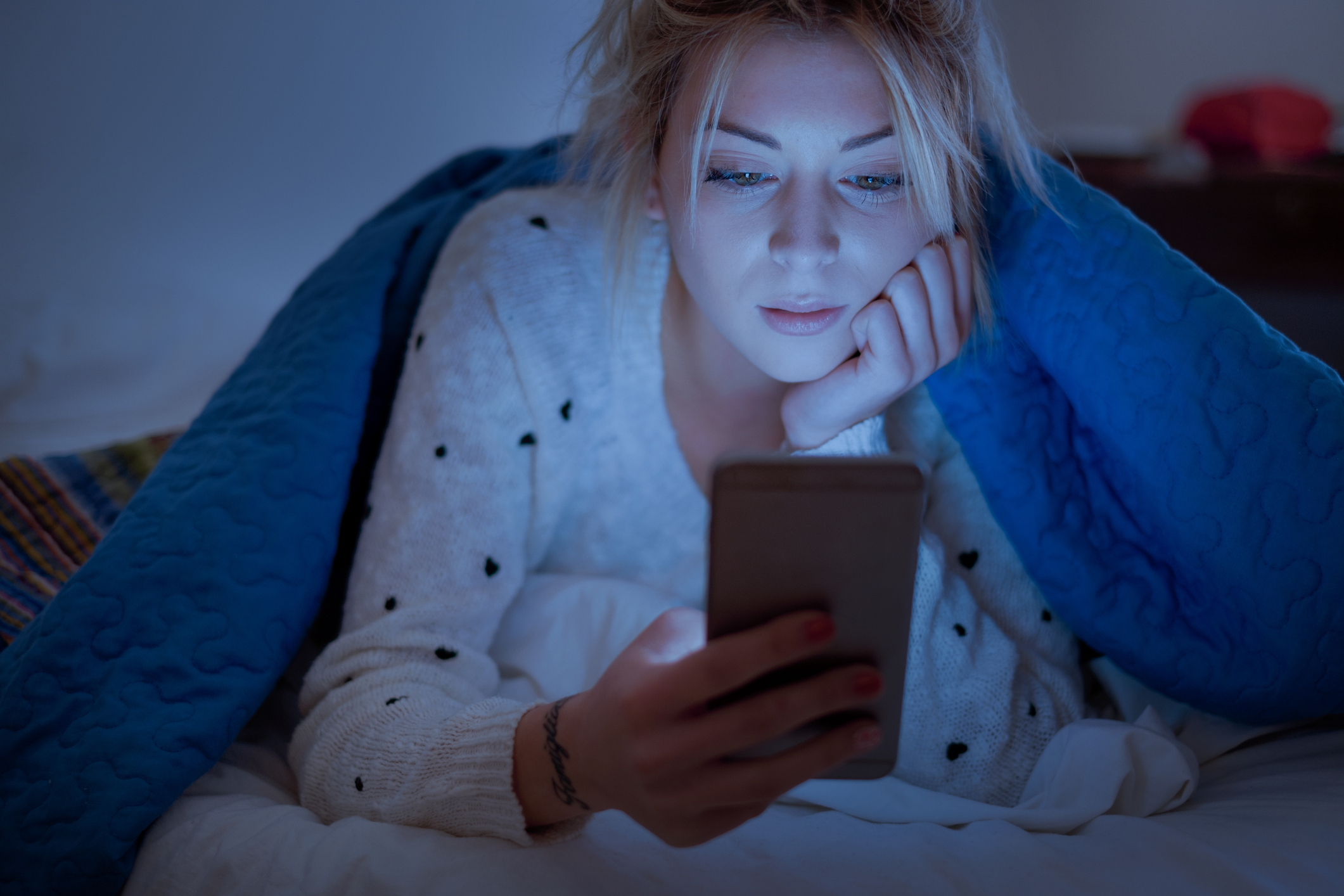How Light Affects Sleep: Best Light For Sleep

Sleep is a delicate process that can easily be interfered with. There are several outside factors that play a part in improving or disrupting sleep, including light from artificial sources and temperature ranges. In this article, we’ll explore how light mixes with sleep and how you can create the ideal bedroom environment with optimal light for maximum sleep.
How Light Affects Sleep
Our internal clocks are set based on the rising and setting of the sun. This is known as our circadian rhythm, and it’s the basis for why we feel awake and tired at the same times every day. The human race had no issues with sleep schedules until the invention of the light bulb. From then on, our ability to lengthen “daylight” meant the end of easy, natural sleeping. Our bodies produce melatonin, a hormone important to our sleep-wake cycle and sleeping temperature, as it grows dark outside, and our body slowly eases into sleepiness.
But with lights in our houses, as well as light emitted from our mobile devices, our bodies have a hard time determining when it’s truly bedtime.
Blue Light and Bedtime
Blue light, according to Harvard Medical School, “is beneficial during daylight hours because they boost attention, reaction times, and mood—seem to be the most disruptive at night…While light of any kind can suppress the secretion of melatonin, blue light at night does so more powerfully.”
The big question is why, and the answer is not surprising. If it nurtures alertness, it makes sense that blue light might interfere with our melatonin cycle (the hormone that helps make us feel tired at night).
It does just that, and because our smartphones and devices emit blue light, it’s getting harder to avoid.
Fortunately, there are a few ways you can avoid the problems associated with blue light. There are blue light filters on the latest smartphones and various apps that have downloadable filters as well or you can even add your own blue light screen protector to your device. There’s also a variety of blue light blocking solutions you can use at night while you use your smart devices. The best way to steer clear of this harmful light is to turn off all electronics at least one hour before bedtime. This will also help relax you and get you ready to unwind before sleep.
With all the benefits these changes offer, it’s worth taking the time to make these small updates.